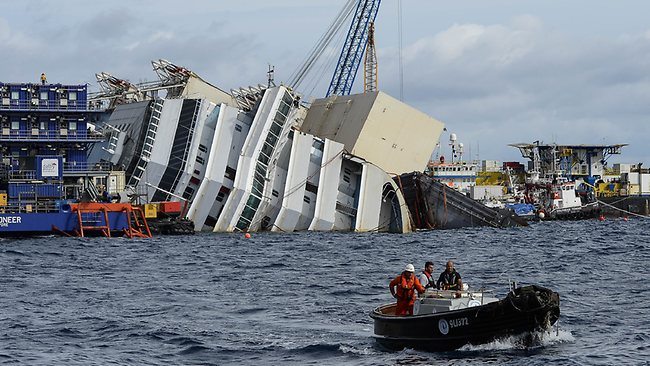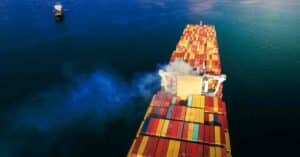What is Death on the High Seas Act?
Known as the DOHSA – the Death on the High Seas Act was enacted by the United States government in the year 1920 to provide financial recompensing to the families of those shipmen who died while being in the active line of duty.
Though originally aimed at recompensing for monetary losses incurred to a family because of a seafarer’s death, further amendments to the act were carried out in the following years. Resultantly, one of the most important amendments – carried out in the year 2000 – included the inclusion of claims for lives lost in aircraft accidents and mishaps.
In addition to the monetary claims, amendments to the sea law allowed relatives and members of the family of the deceased, to claim recompensing for trauma and mental anguish faced because of the seafarer’s death.

The extent of the damages to be borne by the shipping company is determined on the amount of loss a seafarer’s family will incur because of lack of his active income. The process to determine this amount is quite complicated and involves a lot of computation. In this context, it is important to be aware of the extent of the application of the law in the waters of the United States.
As per the terms of the maritime law, any death on the high seas occurring beyond a distance of three miles from the United States seashore comes under the ambit of this act. However, in order to come under the purview of this law; shipping companies need to be charged either for negligence or unlawful actions. Circumstances not under these classifications will not be a part of the Death on the High Seas Act.
Claims for injuries caused due to negligence and unlawful actions, however do not form a part of the law except for those circumstances where an injured seafarer expires during the course of the case being filed in the court of law. While filing for recompensing claims in a court of law, the following aspects need to be considered:
- The suit filed for recompensing the loss incurred needs to be filed within a pre-determined time limit. This time limit differs for each of the 50 states of the United States, altering between a timeframe of a year to three years.
- Only immediate relatives are qualified to claim for recompensing under the Death on the High Seas Act. These relatives include spouses, offspring, parents and all other family members whose living depends on the earning of the deceased seafarer.
- The court of law appoints a nominee to oversee the filing of the suit by the members of the seafarer’s family. As such only this nominee is allowed to file the necessary suit and all individuals trying to file a recompensing suit under this sea law are disallowed from doing so.
Death on the high seas is not an uncommon occurrence. A law to ensure that the rights of the seamen are protected and the members of their family are duly taken care of in their absence is the right step forward to ensure that professionals do not shy away from a maritime career.
References: aviationlawmonitor, resource4admiraltylaw, 1800jonesact, wolklawfirm
Do you have info to share with us ? Suggest a correction
Latest Maritime law Articles You Would Like:
Latest News
- What is the Purpose of DG Shipping?
- What are Logistics Risks?
- How Port and Terminal Operators Can Control Emissions?
- Minimum Quantity Commitment (MQC) and Liquidated Damages in Container Shipping: Concept and Relevance
- MARPOL (The International Convention for Prevention of Marine Pollution For Ships): The Ultimate Guide
- The Ultimate Shipping Container Dimensions Guide
Subscribe To Our Newsletters
By subscribing, you agree to our Privacy Policy and may receive occasional deal communications; you can unsubscribe anytime.
















Hey very nice site!! Man .. Excellent .. Amazing ..
I will bookmark your website and take the feeds also…I’m
happy to find numerous useful information here in the post,
we need work out more strategies in this regard, thanks for
sharing. . . . . .